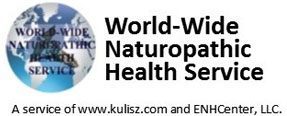
Dallas/Fort Worth Area or Granbury, Texas

If you believe you can get well, you are right; if you believe you can’t get well, you are right. Beliefs have consequences.
World-Wide Naturopathic Health Service
Office: 1315 Water’s Edge Dr., Suite 112, Granbury, TX 76048, Suite 112.
The office days are Wednesday and Friday from 9 to 4. We will add days and hours as our practice grows.
Email: info@kulisz.com
800-282-5102, +1-210-858-9143 or +1- 817-736-3004
All Rights Reserved (c) A. Kulisz, 2024